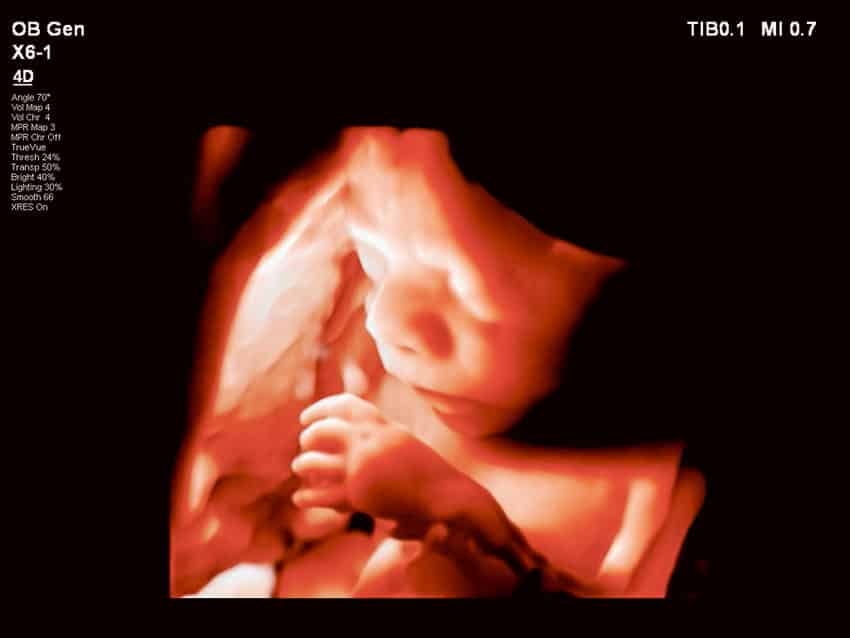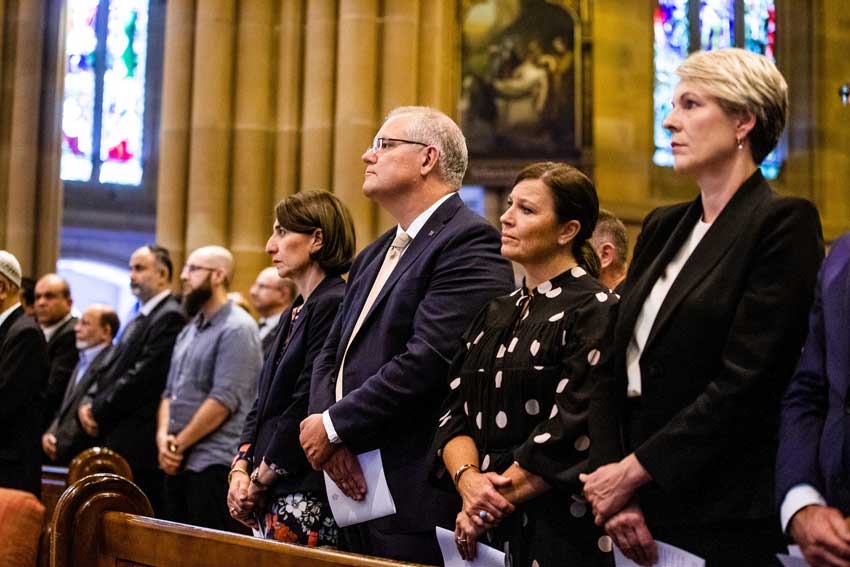
“Dear Father, in recent years we have seen legislation passed which allows such practices as same-sex “marriage”, euthanasia and abortion. Can a Catholic politician in good conscience vote for legislation of this sort?.”
This has become a very important question in recent times and the Church has spoken out on it. Pope John Paul II in his encyclical Evangelium vitae (1995) and the Vatican’s Congregation for the Doctrine of the Faith in its Doctrinal Note on Some Questions Regarding the Participation of Catholics in Political Life (2002) have given criterion to guide politicians.
The Doctrinal Note situates the question within the culture of relativism, which “sanctions the decadence and disintegration of reason and the principles of the natural moral law. Furthermore, it is not unusual to hear the opinion expressed in the public sphere that such ethical pluralism is the very condition for democracy. As a result, citizens claim complete autonomy with regard to their moral choices, and lawmakers maintain that they are respecting this freedom of choice by enacting laws which ignore the principles of natural ethics and yield to ephemeral cultural and moral trends, as if every possible outlook on life were of equal value” (n. 2).
Catholic lawmakers cannot ignore the principles of natural ethics, the natural law, when they vote on moral issues like the ones you mention.
In a democratic society they are free, and indeed as Catholics required, to be guided by the principles of the natural law as taught by the Church in their deliberations: “Democracy must be based on the true and solid foundation of non-negotiable ethical principles, which are the underpinning of life in society” (n. 3).
The Doctrinal Note adds that “while democracy is the best expression of the direct participation of citizens in political choices, it succeeds only to the extent that it is based on a correct understanding of the human person. Catholic involvement in political life cannot compromise on this principle, for otherwise the witness of the Christian faith in the world, as well as the unity and interior coherence of the faithful, would be non-existent” (n. 3).
Therefore, “Catholics, in this difficult situation, have the right and the duty to recall society to a deeper understanding of human life and to the responsibility of everyone in this regard. John Paul II, continuing the constant teaching of the Church, has reiterated many times that those who are directly involved in lawmaking bodies have a ‘grave and clear obligation to oppose’ any law that attacks human life. For them, as for every Catholic, it is impossible to promote such laws or to vote for them” (n. 4; John Paul II, Enc. Evangelium vitae, n.73).
This could not be more clear.

In recent times it has been heartening to see courageous parliamentarians, Catholics and those of other faiths, stand up for the defence of human life in voting against the decriminalisation of abortion and euthanasia.
At the same time, it is sad to see others who by their background should uphold these principles cave in, saying they don’t want to impose their personal views on the wider community.
St John Paul comments that in this case “the original and inalienable right to life is questioned or denied on the basis of a parliamentary vote or the will of one part of the people – even if it is the majority. This is the sinister result of a relativism which reigns unopposed: the ‘right’ ceases to be such, because it is no longer firmly founded on the inviolable dignity of the person, but is made subject to the will of the stronger part. In this way democracy, contradicting its own principles, effectively moves towards a form of totalitarianism” (Evangelium vitae n. 20).
He goes on to say: “Really, what we have here is only the tragic caricature of legality; the democratic ideal, which is only truly such when it acknowledges and safeguards the dignity of every human person, is betrayed in its very foundations: ‘How is it still possible to speak of the dignity of every human person when the killing of the weakest and most innocent is permitted? In the name of what justice is the most unjust of discriminations practised: some individuals are held to be deserving of defence and others are denied that dignity?’ (John Paul II, Address, 18 December 1987).
“When this happens, the process leading to the breakdown of a genuinely human co-existence and the disintegration of the State itself has already begun” (EV 20).
Related articles:
